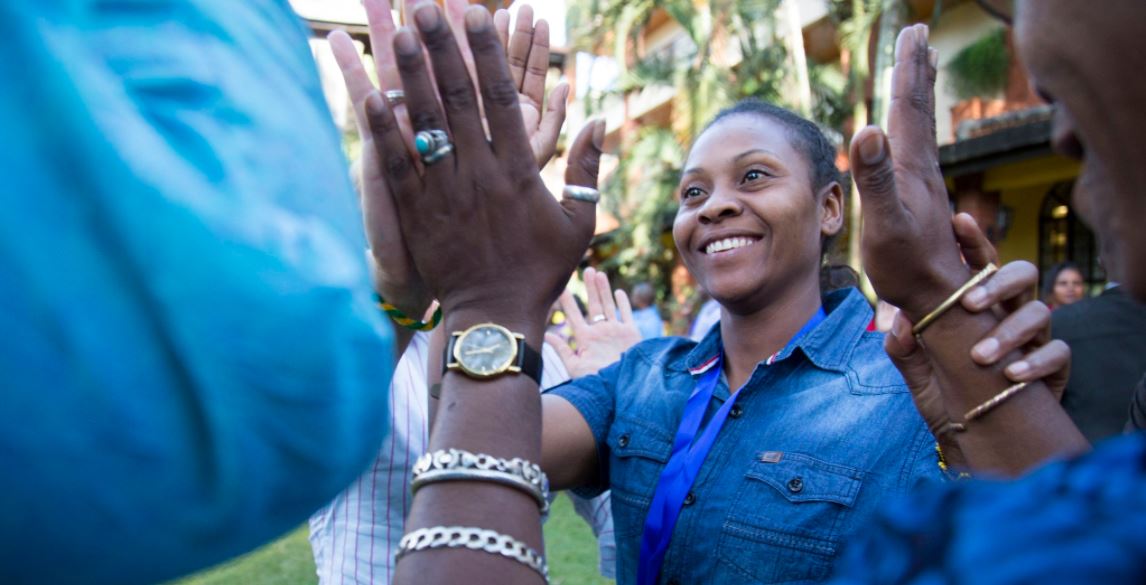Written by Revati Chawla, Lead Programmes, International HIV/AIDS Alliance
“You can only be a good activist if you are alive and well!” These are the profound words of Dennis Wamala, who has experienced violations of his own personal safety while ensuring that his community in Uganda has access to life-saving HIV services.
Community-based organizations (CBOs) like Ice Breakers Uganda, where Dennis works as program director, are at the frontlines of providing lifesaving HIV services to the people who need them most, including men who have sex with men and transgender people. These local organizations operate in hostile environments where key population members are often criminalized, subject to eviction, blackmailed, arrested, and, in some cases, tortured and killed. Perpetrators of violence are usually close to home and include family members, people within the community, law enforcement officers, armed gangs, and journalists and the media. And as Dennis’ experience suggests, implementers themselves are not immune to the violence.
Keeping CBO staff and others who implement HIV programs for key populations safe and well is of the upmost importance. It should not be surprising that more needs to be done to protect implementers of HIV programs, but safety and security are rarely recognized as fundamental to HIV programs. Many implementers are also unaware of the resources available to advance these efforts.
One important resource — the Safety and Security Toolkit: Strengthening the Implementation of HIV Programs for and with Key Populations — was recently developed and released by the International HIV/AIDS Alliance and FHI 360 for the USAID- and PEPFAR-supported LINKAGES project. This rich and practical resource includes a review of safety and security challenges and their impact on HIV programming, as well as promising practices and recommendations to address these challenges; three practical checklists to help program implementers systematically identify strengths and weaknesses in their efforts to protect organizations, individuals, and implementation sites; and an annotated bibliography of safety and security resources. More than 45 CBOs, nongovernmental organizations, United Nations agencies, donors, and security experts used and critiqued the toolkit at a validation workshop in East Africa in 2017, ensuring that the toolkit is responsive to the realities on the ground.
Implementing many of the resources outlined in the toolkit requires financial commitment and human resources. Now, thanks to the availability of a structured and methodical way of considering safety and security challenges, CBOs such as Ice Breakers are able to cost and implement short-term and long-term measures to protect themselves and the communities with whom they work from day-to-day experiences of violence. Mobilizing resources for these measures will help ensure the well-being and personal safety of implementers, and that the most vulnerable in society continue to receive the HIV services they need.
The International HIV AIDS Alliance is an innovative alliance of nationally based independent civil society organizations, united by our vision of a world without AIDS. We are committed to joint action working with communities through local, national, and global action on HIV health and human rights.

